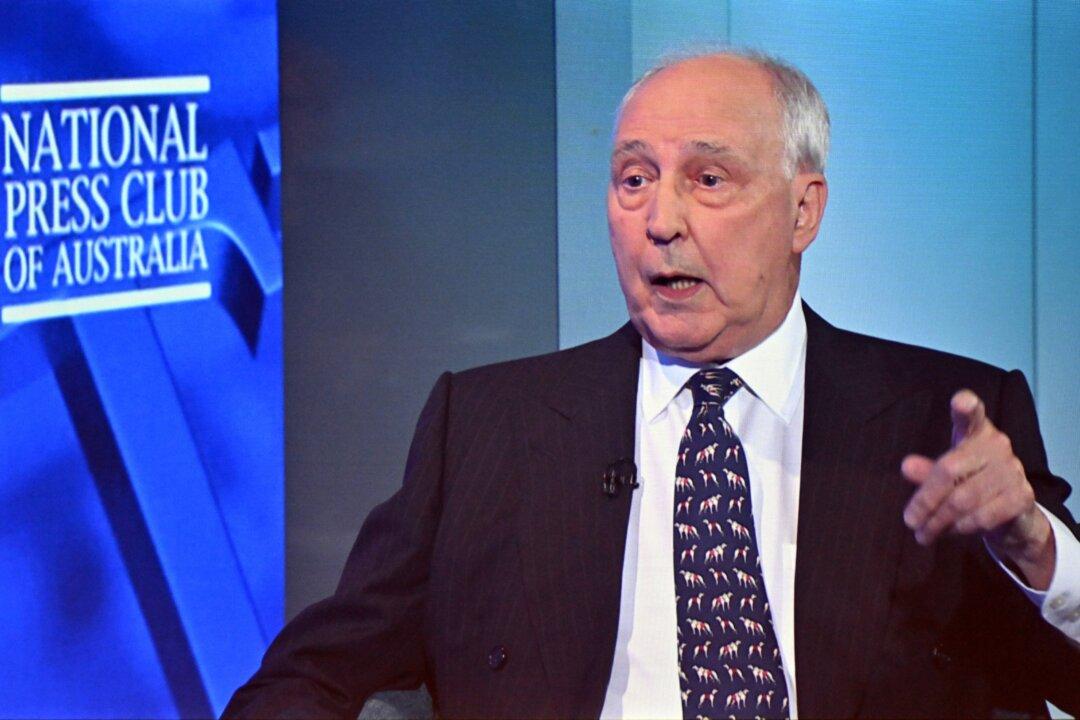Commentary
Former Australian Prime Minister Paul Keating has launched another extraordinary spray at the federal government’s foreign policies.

Former Australian Prime Minister Paul Keating has launched another extraordinary spray at the federal government’s foreign policies.